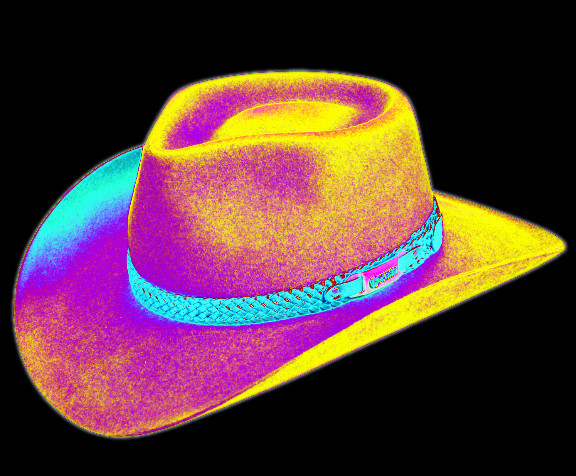Mistrust rife in Reef review
 Great Barrier Reef regulations have been met with scepticism from farmers.
Great Barrier Reef regulations have been met with scepticism from farmers.
A recent review (PDF) has highlighted a significant divide in view on Queensland's efforts to protect the Great Barrier Reef.
Despite legislation aimed at curbing pollution through stringent sediment and chemical runoff limits, nearly half of the region's cane growers remain unconvinced of the scientific groundwork behind such measures.
A set of laws were implemented in 2019, crafted on the advice of environmental scientists, aimed to address growing concerns over the reef's deteriorating water quality.
This move appears to have been met with scepticism and mistrust from a significant portion of the farming community.
The review reveals strong resistance within agricultural sectors, noting that “scepticism, mistrust [and] resistance” persists among farmers towards the regulations.
Even as data points to improved compliance and a positive shift in agricultural practices within the reef's catchment area, doubts over the science underpinning these regulations continue to fuel discord.
About 40 per cent of surveyed farmers described the evidence supporting the regulations as “weak”, with a further 7 per cent dismissing it outright.
In contrast, just 5 per cent acknowledged the robustness of the scientific evidence backing these environmental safeguards.
Notably, sugar cane and grain producers emerged as the most vocal critics, casting doubt over the efficacy and necessity of such measures.
The review also highlights a widespread perception of the regulations as “confusing” and burdened with “vague and contradictory” requirements, complicating compliance efforts.
The sentiment is further exacerbated by the perceived disconnect between farmers' operational realities and the understanding of these by compliance officers.
As Queensland grapples to balance environmental conservation and agricultural productivity, many suggest a deeper engagement with the farming community will be needed to bridge the chasm of mistrust and misinformation.








 Print
Print